Did You Know Stress Can Be Deadly?
Posted on March 27, 2023 by Debra Burdick
Stress Can Be Deadly
Stress is anything that places a demand on you and forces you to adjust. It can stem from something positive (such as a new puppy, or a new job) or negative (such as an illness, losing a job, or simply not having enough time to do everything).
It’s not the stress itself that matters so much. But  rather it’s our response to stress that matters. The same stressor can affect different people in various ways. One person may be extremely stressed by something that doesn’t even affect someone else.
rather it’s our response to stress that matters. The same stressor can affect different people in various ways. One person may be extremely stressed by something that doesn’t even affect someone else.
Our personal stress response depends on our perceptions as well as our ability to cope at the moment. That’s why sometimes we handle stress well but perhaps another time the same stressor might overload our ability to manage it.
Many of us experience chronic stress that never really goes away. We may find we are constantly in a fight or flight response mode which we were never designed to do.
Did you know that the stress we experience and how we respond to stress can impact our health?
- 43% of adults suffer negative health effects from stress
- 75-90% of doctor visits are due to stress-related illness
- Stress has been declared a hazard of the workplace by the Occupational Safety and Health Administration (OSHA).
Stress can affect your body, thoughts, feelings and behavior. And it can contribute to health problems such as high blood pressure, heart disease, obesity and diabetes plus much more.
Ignoring the symptoms of stress can be DEADLY.
Managing Stress
Become Aware of Your Stress Response
The first step in managing stress is to become aware of what your stress response feels like. Perhaps you experience physical or emotional symptoms such as a stomach-ache, headache, insomnia, irritability, a fast heartbeat, increased blood pressure, chest pain, fatigue, muscle tension, anxiety, overwhelm, illness.
Being able to recognize your common stress symptoms can give you a jump on managing your stressors and on changing, eliminating or avoiding those that can be changed. Tune into your stress response and make a list of symptoms your typically experience when you feel stressed.
Identify Your Stressors
Take some time to identify your stressors. Make a list of 5-10 things that stress you.
Review the list and find at least 2 things you can do something to change. Notice which stressors you cannot change.
Then create a plan for changing these 2 things:
- Name the stressor
- List options to change, eliminate or avoid the stressor
- List whatever action is needed to make the change
- Include dates and the timeline for implementing this change
Practice De-Stressing
For those stressors you cannot change, learn and practice some skills to help you turn down your stress response. Here are 3 that work quickly and are easy to do.
1. Relaxation Breath
Take a deep breath in through your nose to the count of 4 and then slowly exhale through your mouth to the count of eight. Pretend you are blowing a huge bubble as your exhale. Do it again and breathe in relaxation and peace and then breathe out tension and stress. Notice how you feel before and after doing this. Practice this many times every day.
2. Change the Channel
Notice when you are thinking about things that stress you. Imagine that this is like watching your Stress Channel. Think of a more helpful channel that you would like to watch such as your peaceful, relaxed, calm channel. Perhaps you might put a calm nature scene or a smiling child’s face on your channel. As soon as you notice you are watching your Stress Channel, pull out your imaginary remote control and change the channel to your more helpful channel and watch it for at least 10-15 seconds. Do this over and over. Notice how your stress response lessens and calms down.
For more detail on this process click here.
3. Pay attention to your surroundings
First, notice what you are paying attention to and then bring your attention to the present moment and your surroundings. Notice everything there is to notice around you. Pay attention to the items you can see, the colors, the sounds, the smells, and the temperature. Simply bringing your attention to your surroundings will take your mind off your stress and help you relax your stress response.
For more help with stress check out this online training to help you Transform Stress.
Don’t let stress be deadly for you!
SOURCES:
- National Institute of Mental Health: “Fact Sheet on Stress.”
- American Heart Association: “How Does Stress Affect You.”
- Mayo Clinic: “Stress: Constant stress puts your health at risk.”
I would love to hear your personal experiences with this topic.
Categories: Articles, Chronic Illness, Mindfulness, Self-Care, Stress
Tags: Mindfulness, reduce stress, stress, stress at work, stress management

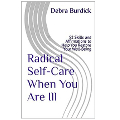
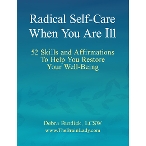
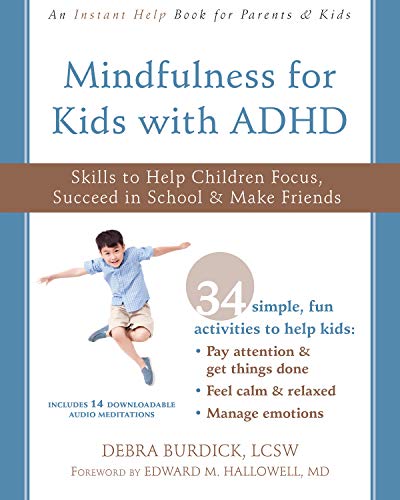
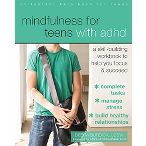
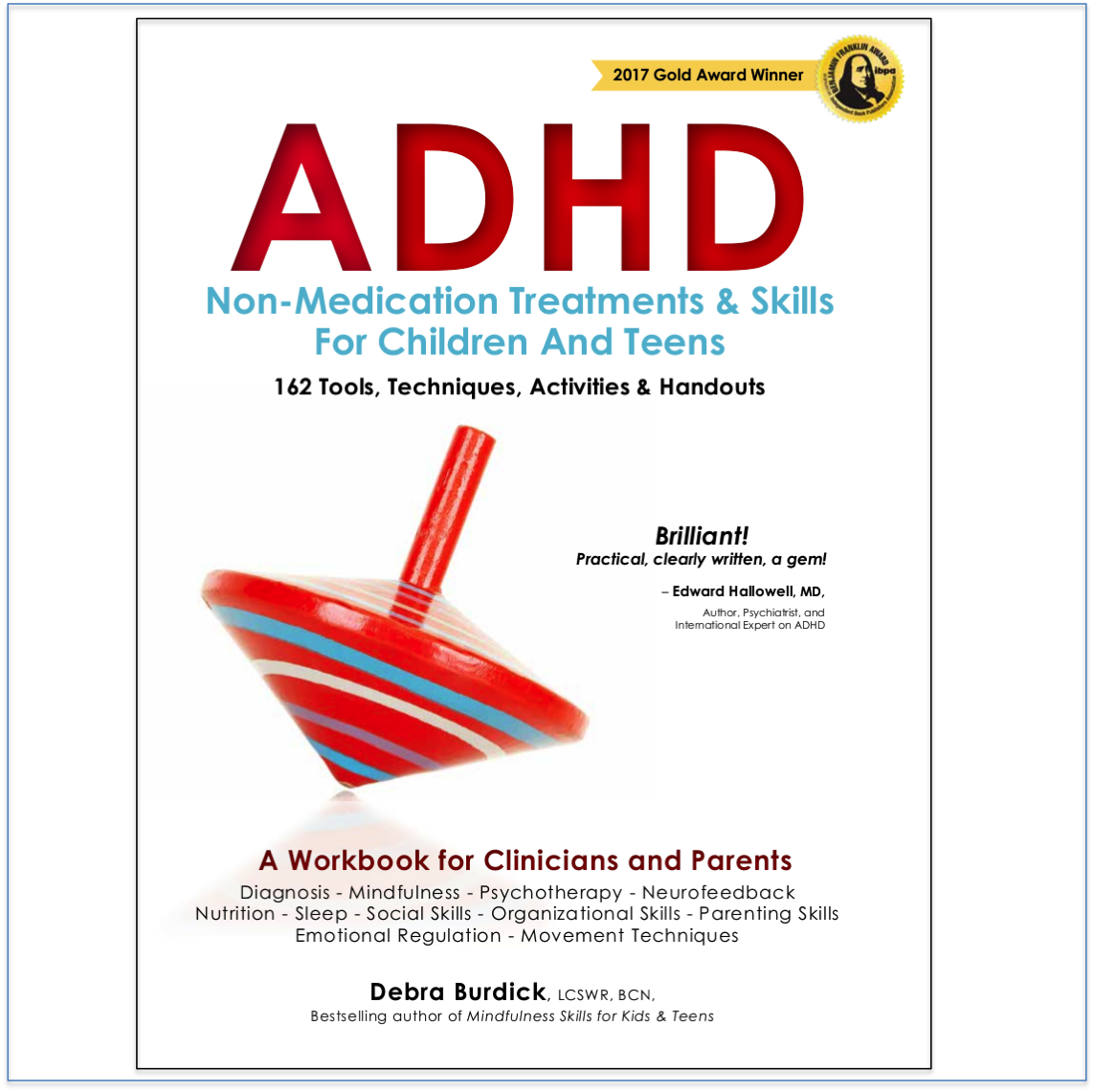
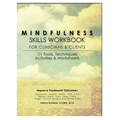
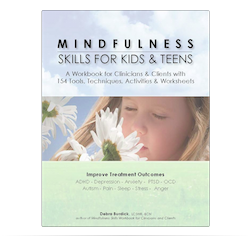
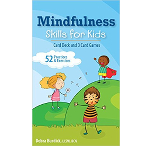
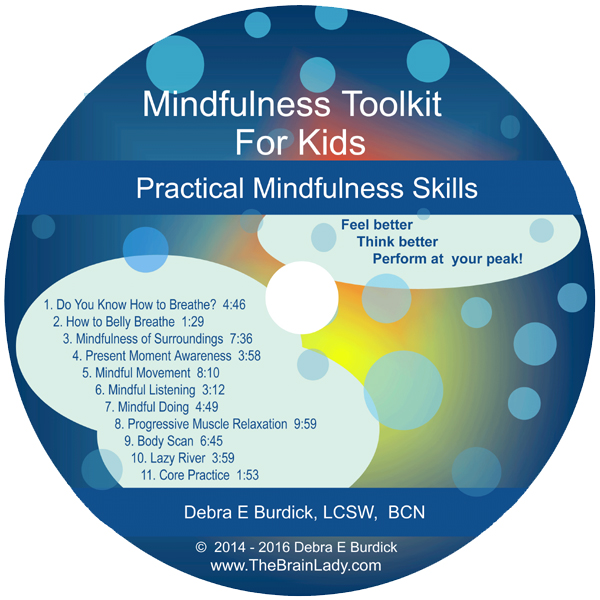
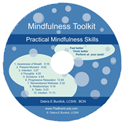
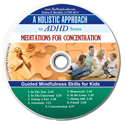
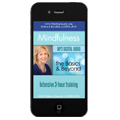
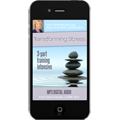
No comments yet. You should be kind and add one!
The comments are closed.